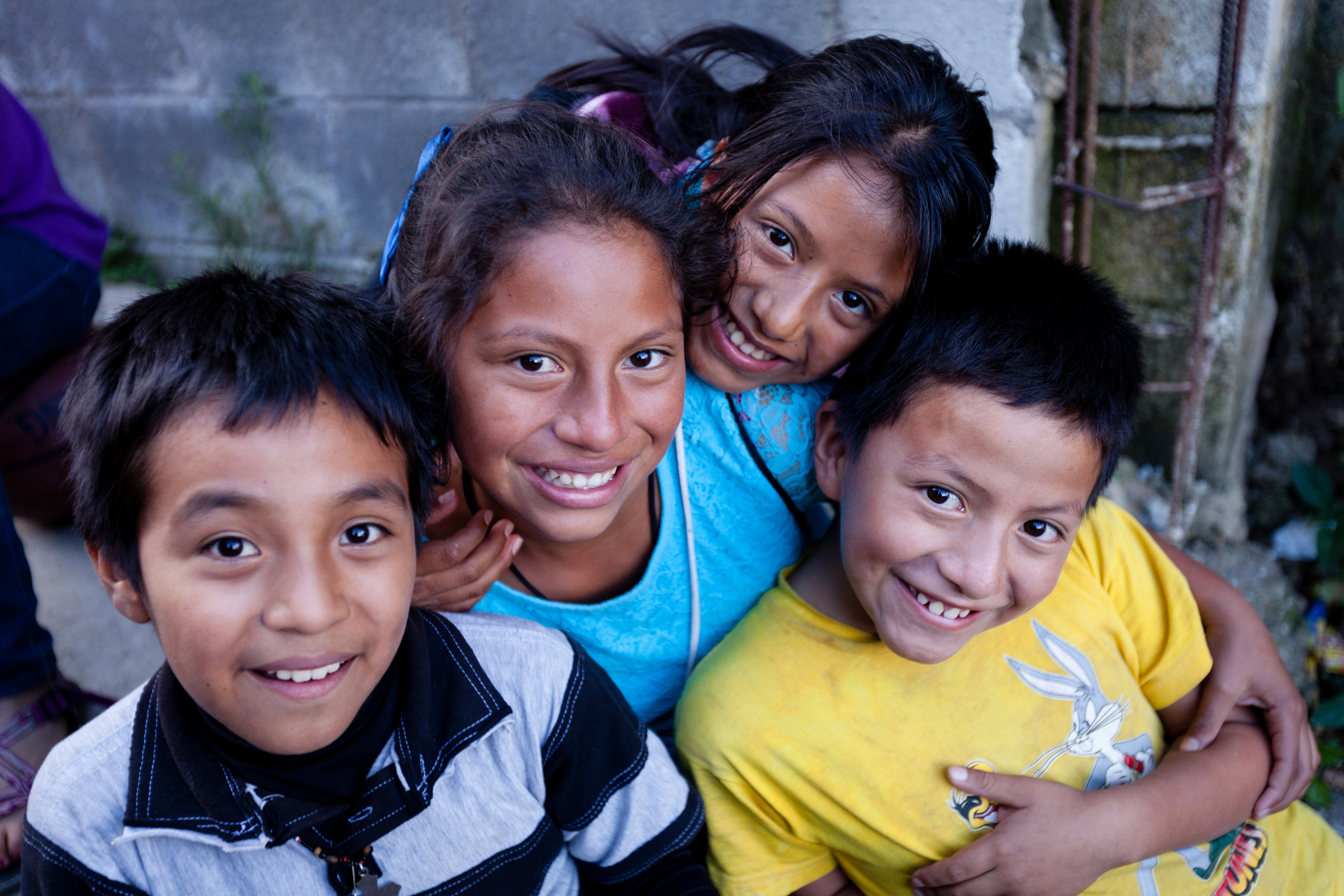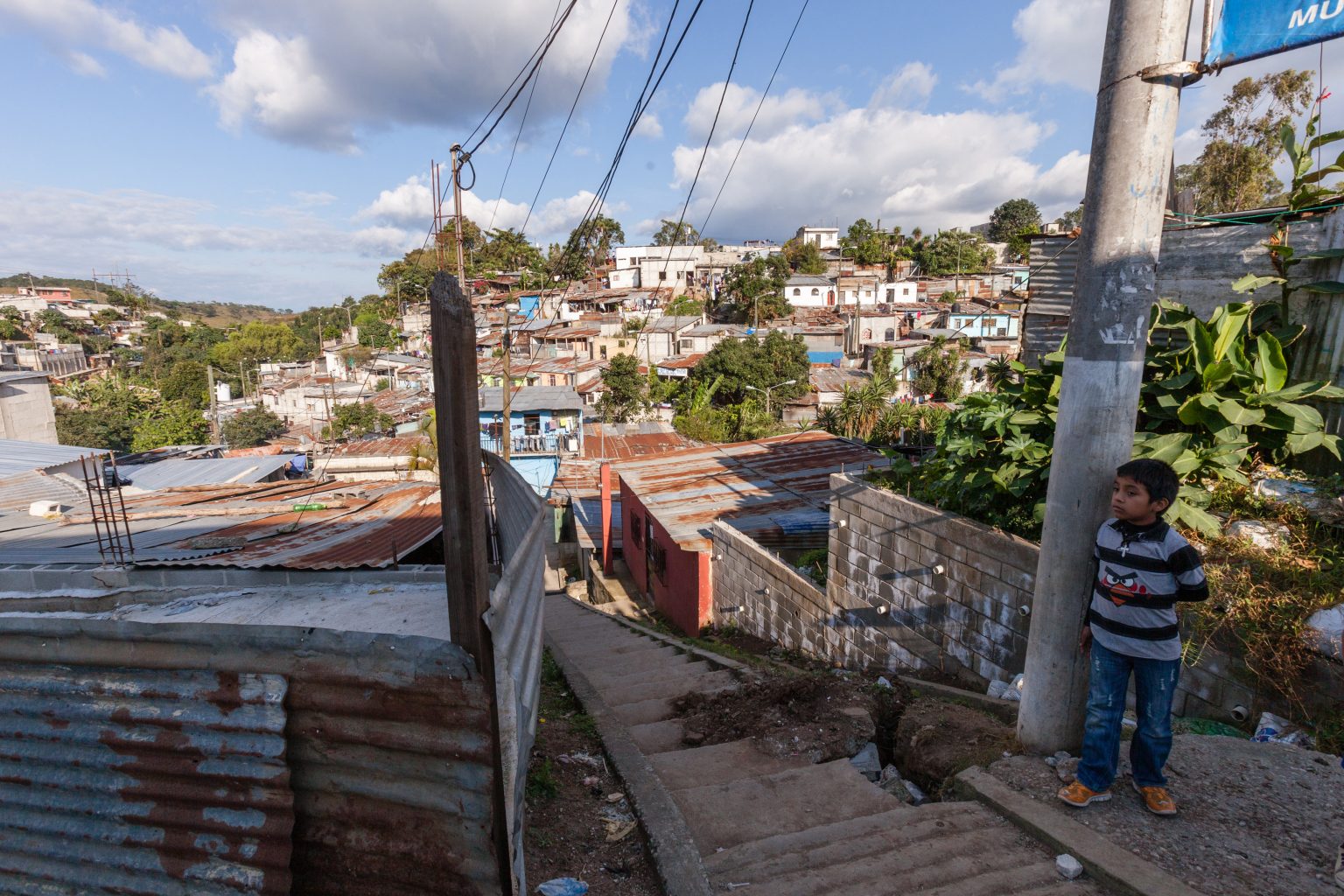Blessed are the poor in spirit, for theirs is the kingdom of heaven. Blessed are those who mourn, for they shall be comforted. Blessed are the meek for they shall inherit the earth. Blessed are those who hunger and thirst for righteousness for they shall be satisfied.
Matthew 5: 3-6
When you become an Athentikos team member for I AM ART, you are strongly encouraged to watch Athentikos’s documentary, Reparando. So, armed with my favorite pillow and blanket, I set up my laptop and sat on my bed with my roommate and we began watching. Neither of us really knew anything about Guatemala, so this was going to be an educational experience for the two of us. If you didn’t know, Guatemala suffered through a 36-year civil war, the longest in Latin American history. Their civil war lasted longer than I’ve been alive. As a result, Guatemala has been struggling to rebuild, which is quite a challenge when poverty levels are high. The most extreme examples of poverty are slums in “Zonas Rojas,” or “Red Zones,” where the crime rates are high and the standard of living is low. Reparando focuses on La Limonada, one of the largest slums in Central America, with an estimation of 60,000 inhabitants. The conditions in which people are living are horrible. There is violence, hunger, intense pollution — things that most of us could never even imagine. And some of the people living in those conditions are children. There are kids living in dangerous places, experiencing traumatic things, stuck in a cycle of poverty, all for a war they had nothing to do with.
A study done in 1994 by Duncan, Brooks-Gunn, and Klebanov looked at poverty’s impact on child development. They concluded, “Family income and poverty status are powerful determinants of the cognitive development and behavior of children” (Duncan et al., 1994). And unfortunately, nothing about that conclusion is surprising. Poverty-ridden areas are known for drugs, crime, and low standards for education. This information sounds hopeless, I know. No one wants to hear that there are children in these conditions. Casa Bernabé (House of Comfort) is an orphanage and Oasis Residential Home takes in girls who have been the victims of sexual abuse. The kids from Casa Bernabé and Oasis Residential Home have been in extremely rough conditions. There’s nothing easy about that.
Fortunately, coming from a difficult background isn’t a life sentence. Resilience is the ability to adapt to challenging or threatening circumstances and kids are notoriously resilient. But that doesn’t mean just hoping for the best. Change requires action. Athentikos is helping kids learn how to express themselves and process the world around them through creativity. This isn’t something that will instantly transform Guatemala. Our camps will not reverse the problems that their civil war caused. It’s not going to fix the world. But it will, in a unique and beautiful way, change their individual worlds. I read that proactive orientation is “taking initiative in one’s own life and believing in one’s own effectiveness” (Alvord & Grados, 2005). Immediately I thought, “that’s what Athentikos is doing.” We’re teaching these kids to believe in themselves and to see the possibilities that are available to them. We hear over and over again about how children are the future, so it’s important we treat them well. Their lives have not been easy but they have potential to create beautiful art and tell their stories.
If you want to watch Reparando, the incredible documentary I mentioned, you can rent it on the Athentikos website for $2 or purchase it for $10 (https://athentikos.com/reparando/). This documentary solidified my passion for going to Guatemala and it’s well worth it to see how the people of Guatemala are finding their potential in poverty.

